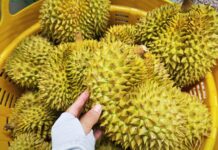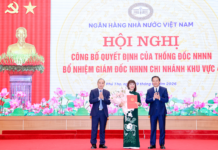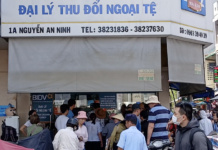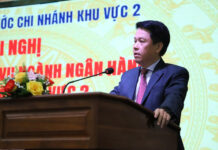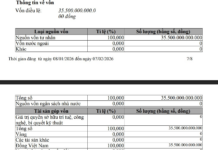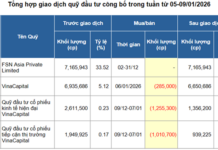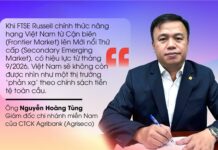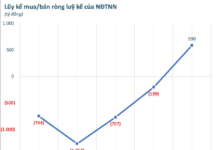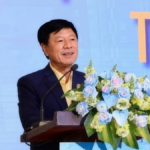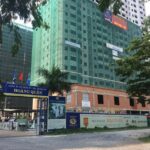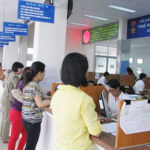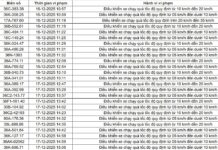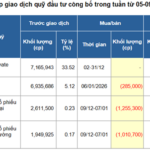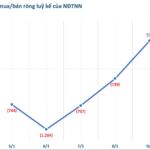According to the High-Tech Zone Customs Department under the Ho Chi Minh City Customs Authority, a travel ban has been imposed on Ms. Inah Kosasih, a 1969-born Indonesian national and the CEO and legal representative of Saigon Shipyard and Repair Company. This action stems from the company’s outstanding tax debt of over VND 23.8 billion in import taxes and late payment fees associated with 428 customs declarations filed at the Investment Goods Management Customs Sub-Department (now the High-Tech Zone Customs Sub-Department). If the company fails to settle its tax obligations within 30 days of the notice, the travel ban will be enforced.
Previously, on September 15, the High-Tech Zone Customs Department issued a decision to halt customs procedures for the company’s imported and exported goods. This foreign-invested enterprise, established in 2009, specializes in manufacturing metal components, wooden packaging, and construction timber.
Simultaneously, the High-Tech Zone Customs Department issued a similar notice to Neocase Inc. Vietnam Co., Ltd. (Ho Chi Minh City) regarding Mr. Jeon Jeong Jae, a South Korean national and the company’s CEO and legal representative, due to delayed tax payments. Neocase Inc. Vietnam owes over VND 29.8 billion in import-export taxes for 270 customs declarations filed at the same customs sub-department. In addition to the travel ban, other stringent financial enforcement measures are being implemented by customs authorities.
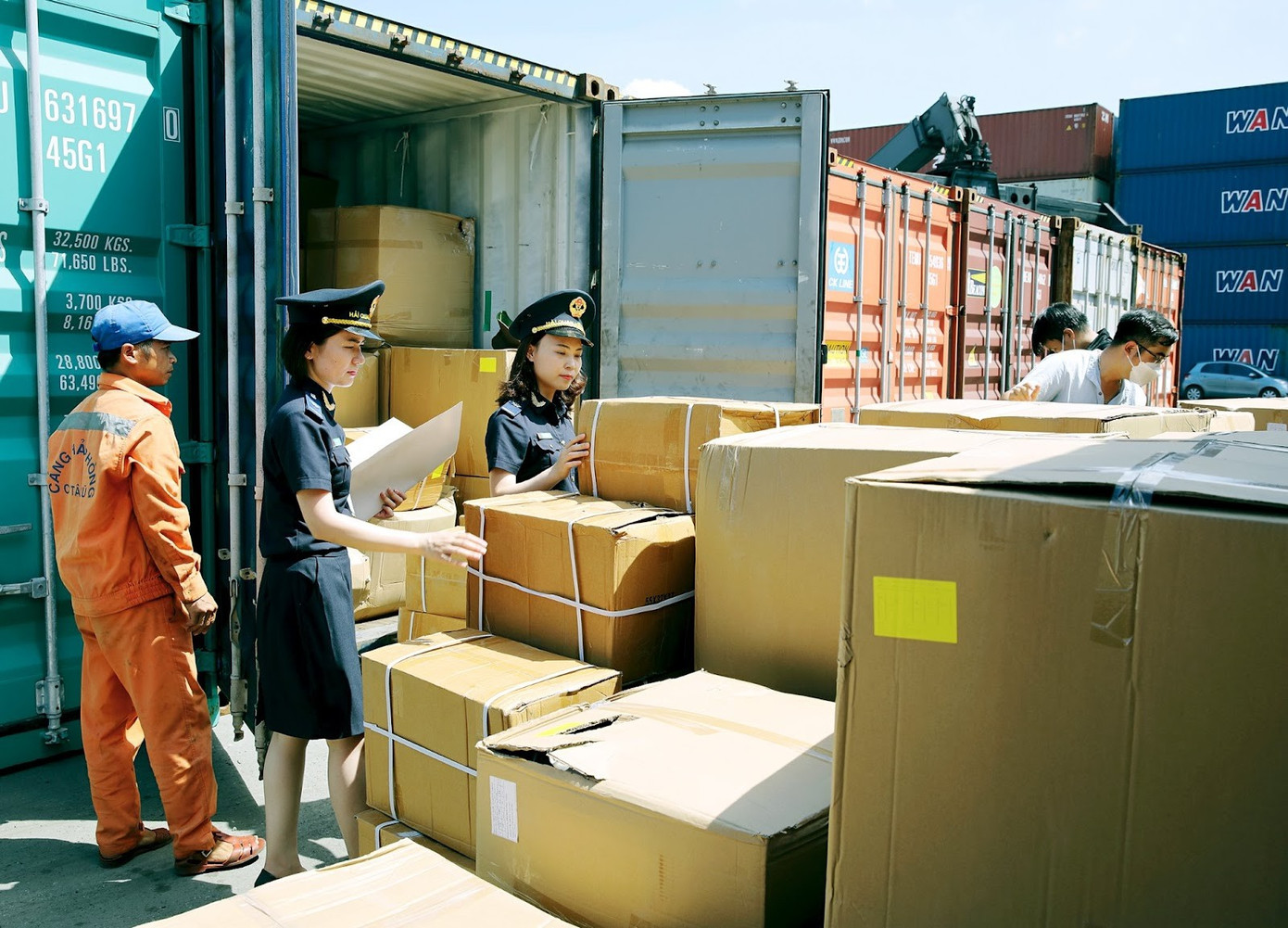
Illustrative image: CEOs of several foreign-invested enterprises face travel bans due to import-export tax arrears.
In Binh Duong Province, the Viet Huong Industrial Zone Customs Sub-Department has halted customs procedures for Loi Hao Vietnam Co., Ltd., a 100% foreign-owned enterprise, due to a tax debt exceeding VND 64.5 billion.
In Hai Phong City, the Hai Phong Port Area II Customs Sub-Department issued a decision to forcibly withdraw funds from the bank account of Doosung EMS Vina Co., Ltd. (Bac Ninh) to recover a tax debt of nearly VND 69 million overdue for 90 days. BIDV Hong Ha Branch has been instructed to remit the amount to the state budget.
Under the 2019 Law on Tax Administration, a travel ban is the final enforcement measure applied when taxpayers deliberately fail to fulfill their obligations after administrative penalties. Customs authorities emphasize that this measure serves as a strong deterrent, ensuring tax compliance equality between domestic and foreign enterprises.
Specifically, imposing travel bans on representatives of foreign-invested enterprises prevents companies from exiting Vietnam while owing taxes, fostering a transparent and fair business environment across economic sectors.
Customs authorities report that in many cases, companies promptly settle their tax debts after such measures are applied, demonstrating the effectiveness of this approach in enhancing financial discipline.
Regarding travel bans for tax arrears, the Vietnam Chamber of Commerce and Industry (VCCI) recently submitted feedback to the Ministry of Finance on the draft amendments to the Law on Tax Administration. VCCI argues that the scope of travel bans is overly broad, and allowing bans on individuals holding over 25% of a company’s capital or benefiting owners is unreasonable.
VCCI notes that many shareholders or investors who merely contribute capital without management involvement could face travel bans if the company incurs tax debts. This, VCCI warns, may negatively impact the investment climate, particularly for foreign investors, and contradicts the limited liability principle outlined in the Enterprise Law.
VCCI recommends restricting travel bans to exceptional cases where legal representatives intentionally evade obligations or when tax debts are prolonged and substantial. Tax recovery should be based on risk management, transparency, and a balance between state interests and investors’ personal freedoms.
The Shocking 182 Billion VND Tax Debt Scandal: Uncovering the Masterminds Behind the Case That Rocked Ho Chi Minh City and Alerted Interpol
The staggering tax debt of over VND 182 billion owed by two individuals registered at the same address—Sheraton Saigon Hotel—is not a recent development. Instead, it is the lingering financial aftershock of a 13-year-old high-profile luxury goods smuggling case, exposing a sophisticated business model meticulously crafted to evade state obligations.
“Social Housing Tycoon Truong Anh Tuan Faces Potential Travel Ban Once Again”
The Ho Chi Minh City Tax Department has issued a stern warning, threatening to impose a travel ban on Mr. Truong Anh Tuan, Chairman of Hoang Quan Land, due to the company’s outstanding tax debt exceeding 5 billion VND.
Ho Chi Minh City Tax Authorities Name Companies and Individuals Owing VND 2.4 Trillion in Taxes: Singer Jack’s Company (J97) Included, One Woman Owes Nearly VND 160 Billion
The Ho Chi Minh City Tax Department has released a list of 1,890 individuals and businesses owing over VND 2,400 billion in taxes as of August 2025. This comprehensive list features prominent names across various sectors, including real estate, securities, and entertainment, notably J97 Entertainment, owned by singer Jack.


